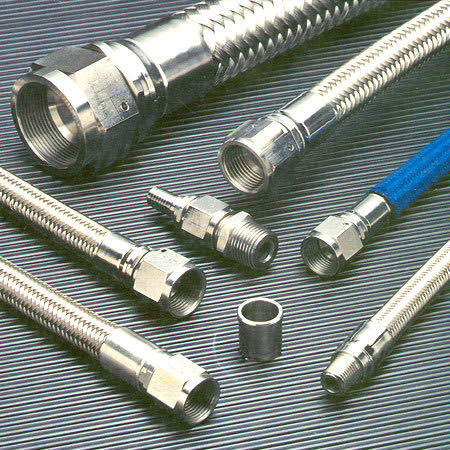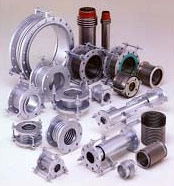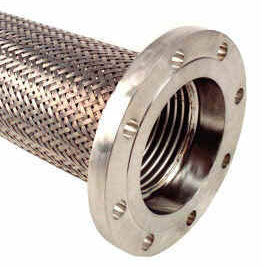Description
- PTFE tubing – this is tubing with usually less than 1.5mm in wall-thickness and in outer diameters under 15mm. Spaghetti tubing is used extensively in both medical and automotive applications. Due to the thin wall and smaller dimensions, this is a very challenging tube to manufacture and special attention needs to be given to the grade of resin used, the quality of the tooling and the adherence to process parameters
- PTFE hoses – these are higher wall thickness tubes and are used primarily in applications requiring high burst pressures or heavy insulation. Due to the high cross-sectional areas, these tubes are relatively easier to extrude, but come in much shorter lengths
- PTFE sleeves – these can be either extruded or compression moulded. Their wall thicknesses are usually between 2-6mm, but the diameters could go as high as 300mm. Sleeves find a variety of applications requiring insulation, lubrication, corrosion resistance or load bearing.
PTFE is unique in many ways when compared to conventional polymer tubing. Properties include:
- PTFE Tube is highly resistant to corrosive chemicals
- Working temperature range of -200°C to +220°C
- Chemically inert – making it ideal for medical applications
- Extremely low coefficient of friction
- Chemical resistance – resists aggressive coolants and lubricants



